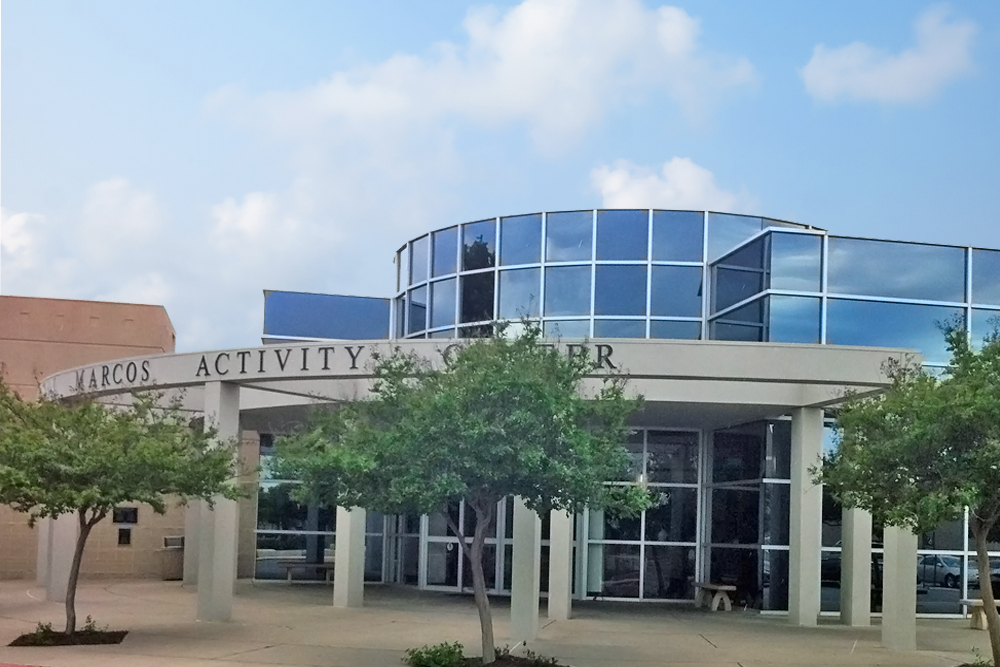Water Is One Of The Most Neglected Sources Of Nourishment
By Kay Wilson | @CorridorNews
Today’s topic is one of the most obvious, yet widely overlooked factors in a healthy life.
Water is one of the most neglected sources of nourishment in standard diets. When I ask my clients why that is, they usually say they prefer something with more flavor, or that they simply forget to drink water. Fill up a large glass and keep it on your desk – hydration is critical to proper health, and a crucial step to avoiding junk food binges.
Many clients complain of dry mouth and cravings. When asked if they drink enough water, the answer is usually “no.” We need water to balance our electrolytes and keep hunger cues in check. Exact water requirements vary widely among individuals – listen to your body and learn how much works for you.
If the taste of pure water really doesn’t appeal to you, try adding one of the following to jazz it up:
- Lemon and Lime slices
- Strawberries and Mint
- Chia and Pomegranate Seeds
- Grapefruit Segments
- Blueberries and Basil
- Sliced Grapes
You’ll be making tantalizing infusions in no time, and won’t be able to resist! Although dressed-up water is then none at all, it’s ideal if you can handle a good amount of the pure everyday. Save these fun treats for when you really tire of it!
If you’re interested in learning how to make nutritious, tasty beverages, I would love to share my recipes and tips with you! Sign up for a complimentary Health History consultation and become a master mixologist in no time.
I am a Certified Holistic Health Coach and I received my training from the Institute for Integrative Nutrition where I learned about more than one hundred dietary theories and studied a variety of practical lifestyle coaching methods. Drawing on this knowledge, I will help you create a completely personalized “roadmap to health” that suits your unique body, lifestyle, preferences, and goals. Please visit my website at www.getahalo.com.
Kay Wilson, CHHC, AADP, CPT, CSS
Healthy Active Lifestyle Options
512-665-0164






